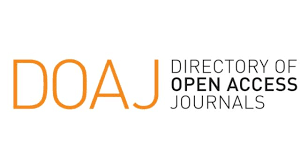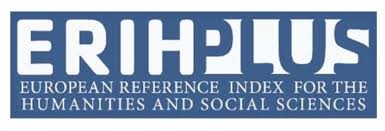Privacy Statement
Ethical Principles.
Study Participants: All study participants have the right to privacy that must not be violated without informed consent. Identifying information, including names, initials, hospital numbers or any other personally identifying information will not be published in written descriptions, photographs, or pedigrees unless the information is essential for scientific/research purposes and the patient/research participant (or parent or guardian) has given expressed informed consent for publication. Informed consent for this purpose requires that an identifiable individual be shown the manuscript to be published. Authors must disclose to these individuals whether any potential identifiable material might be available via the Internet as well as in print after publication. Study participant consent should be written and archived with the journal, the authors, or both, as dictated by local regulations or laws. The Journal requires that all authors obtain written study participant consent and that this be archived by the author and available for inspection for a period of at least three years. A written statement should be included in the manuscript that attests that the authors have obtained and archived written study participant consent. Nonessential identifying details should be omitted. Informed consent should be obtained if there is any doubt that anonymity can be maintained. If identifying characteristics are altered to protect anonymity, such as in genetic pedigrees, authors should provide assurance, and editors should so note, that such alterations do not distort scientific meaning.
Manuscripts will be reviewed with due respect for authors’ and reviewers’ confidentiality. Our editors have been instructed to not disclose information about manuscripts (including their receipt, content, status in the reviewing process, criticism by reviewers, or ultimate fate) to anyone other than the authors and reviewers. Manuscripts sent for review are privileged communications. Therefore, reviewers and members of the editorial staff must respect the authors’ rights by not publicly discussing the authors’ work or appropriating their ideas before the manuscript is published. Reviewers may not make copies of the manuscript for their files and will not share it with others, except with the editor’s permission. Reviewers should return or destroy copies of manuscripts after submitting reviews.
Authors who publish with this journal agree to the following terms:
- Authors retain copyright and grant the Journal right of first publication with the work simultaneously licensed under a Creative Commons Attribution License International CC-BY-NC, that allows others to share the work, with an acknowledgement of the works authorship and initial publication in the Journal.
- Authors are able to enter into separate, additional contractual arrangements for the non-exclusive distribution of the journal's published version of the work (e.g. post it to an institutional repository or publish it in a book), with an acknowledgement of its initial publication in Mental Health: Global Challenges Journal .
- Authors are permitted and encouraged to post their work online (e.g. in institutional repositories or on their website) prior to and during the submission process, as it can lead to productive exchanges, as well as an earlier and greater citation of published work (See The Effect of Open Access).




 E-mail us: viktor.vus@mhgcj.org
E-mail us: viktor.vus@mhgcj.org 